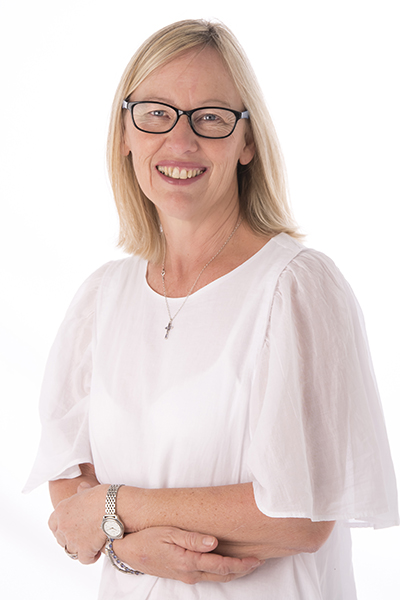Latest News Archive
Please select Category, Year, and then Month to display items
![]()
#UFSupdate (18 March 2020): UFS IMPLEMENTS MEASURES TO MINIMISE RISK OF COVID-19 TO STAFF
STATEMENT BY PROF FRANCIS PETERSEN, RECTOR AND VICE-CHANCELLOR
The executive management of the University of the Free State (UFS) welcomes the announcement of Dr Blade Nzimande, Minister of Higher Education, Science and Technology on 17 March 2020 that all post-school training institutions will have an early recess, starting on 18 March 2020. The Minister’s directive that universities should minimise risk of COVID-19 to all its staff during this time is also welcomed.
The announcement of Dr Nzimande is in line with the university’s decision on 16 March 2020 to suspend the academic programme as from 17 March 2020 and to resume it again on 14 April 2020.
It is important for us all to know that this is not business as usual, and that different thinking is required. Responsible citizenship is one of the crucial elements the world has increasingly been experiencing for the past few weeks. This is why we must act out our responsibility towards one another by focusing on ways in which social distancing can be achieved – especially during this low-risk period that South Africa is still experiencing. This is one of the reasons that informed the university’s decision on 16 March 2020 week to suspend the academic programme and also for students to vacate the residences by 20 March 2020.
The health and well-being of our staff members are equally important. The university’s Employee Task Team that was established on 16 March 2020 analysed options for the continuation of university operations during the recess period. These options were submitted to the executive management, discussed with the Chairperson of the UFS Council and approved on 18 March 2020.
Staff members who have children at school and pre-school may work from home on 19 and 20 March 2020. For the period 23 March 2020 to 13 April 2020, the number of staff members present on all three campuses will be reduced to a minimum and staff members may be allowed to work from home where practically possible.
Arrangements have been made to accommodate those staff members who are performing services which cannot be done from home (such as cleaning, gardening, maintenance, sports, etc) in a flexible and reasonable way. Similar arrangements will be made with office-based support services staff, prioritising institutional needs and based on humane and personal circumstances. Academic staff have been requested to ensure that the online learning materials are finalised and made available for the online learning platform.
The decision for employees to work from home is based on the premise that all employees are deemed to be at work from 23 March 2020 to 13 April 2020. This requires staff members to be available and contactable by line managers at all times during the university’s normal working hours.
I am comfortable that these measures will alleviate the concerns from our staff regarding the spreading of COVID-19 and the risk to themselves without compromising university operations.
Prof F W Petersen
Rector and Vice-Chancellor
University of the Free State
UFS Expert: Prof Felicity Burt investigates zoonotic and arboviruses
2017-12-13

Prof Felicity Burt recently received a B-rating from the
National Research
Foundation.
Photo: Sonia Small
Prof Felicity Burt is from the Division of Virology in the Faculty of Health Sciences at the University of the Free State (UFS), as well as the National Health Laboratory Services (NHLS). She currently holds an NRF-DST South African Research Chair in vector-borne and zoonotic diseases. Professor Burt and her research group investigate arboviruses and zoonotic viruses.
Prof Burt’s research primarily focuses on host immune responses to arboviral infections specifically characterising humoral and cellular immune responses in patients with infections such as Crimean-Congo haemorrhagic fever (CCHF) virus and Sindbis virus; epitope discovery for development of diagnostic tools; development of molecular and serological assays for surveillance purposes; virus discovery; and the development of vaccines.
Raising awareness of these viruses, defining associated diseases, and developing tools for surveillance programmes will contribute to understanding these pathogens as well as the public health implications.
Leads research group in papilloma viruses
Arboviruses cause outbreaks of disease in South Africa annually. Outbreaks are usually associated with heavy rainfall favouring the breeding of mosquitos, but these viruses also have the capacity to spread and become endemic in new areas where competent vectors are present.
In addition, she is leading a research group that investigates human papilloma viruses (HPV) associated with head and neck cancers and recurrent laryngeal papilloma.
The focus of this research group is to ascertain the genotypes of HPV causing these diseases, identification of novel biomarkers for early detection, and complete genome sequencing for molecular characterisation of HPV isolates.